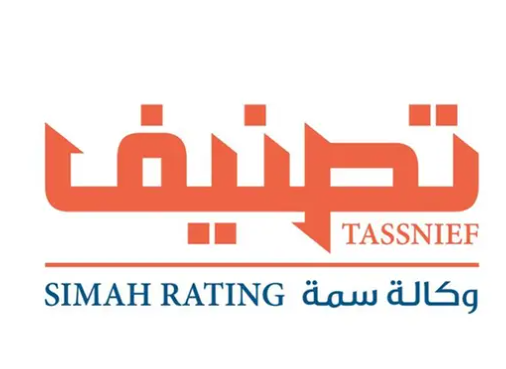Publisher: Maaal International Media Company
License: 465734
Euro-Zone Inflation Up More Than Expected Before ECB Cut
Euro-area inflation accelerated more than anticipated — further clouding the outlook for European Central Bank interest rates after next week’s planned cut, Bloomberg reported.
Consumer prices rose 2.6% from a year ago in May, up from 2.4% in April, Eurostat said Friday. That’s more than the 2.5% median estimate of analysts in a Bloomberg survey but in line with a Nowcast by Bloomberg Economics.
A measure stripping out volatile components like food and energy also surpassed expectations by quickening to 2.9%.
اقرأ المزيد
ECB officials have warned of an uneven path as price growth retreats toward the 2% target following its historic spike. They’re nevertheless set to reduce the deposit rate from its current record high of 4% on June 6 — moving before either the Federal Reserve or the Bank of England.
Money markets still see a quarter-point cut next week but pared wagers on reductions beyond that. Traders are betting on two moves in total this year, with a 25% chance of a third.
Chief Economist Philip Lane said this week that it will be appropriate to make monetary policy less restrictive even if inflation is set to “bounce around” this year. Others have also reiterated a willingness to act in recent days.
While price gains have moderated dramatically from a peak of more than 10%, progress has slowed of late and the focus has shifted from external shocks like energy costs to domestic drivers including wages, corporate profits and productivity.
Some of the current volatility stems from unfavorable statistical effects: The launch of a cheap nationwide transport ticket in Germany a year ago skewed this month’s reading higher, as did a strong decline of energy costs in 2023 that wasn’t repeated.
National reports this week showed a relatively even acceleration across the region’s top economies, with prices rising more quickly than anticipated in Germany, France and Spain. In Italy, they grew at a more moderate pace than in April.
More fundamental concerns center on the services sector, where inflation jumped to 4.1% in May. With companies more exposed to rising labor costs and demand from consumers picking up, that part of the economy is key in keeping many offaicials from signaling the all-clear.
Despite investors’ reservations, economists see three cuts this year. Some officials, including Bundesbank President Joachim Nagel, don’t see a need to follow June’s initial move with another in July, though France’s Francois Villeroy de Galhau argues that such a scenario shouldn’t be ruled out.








